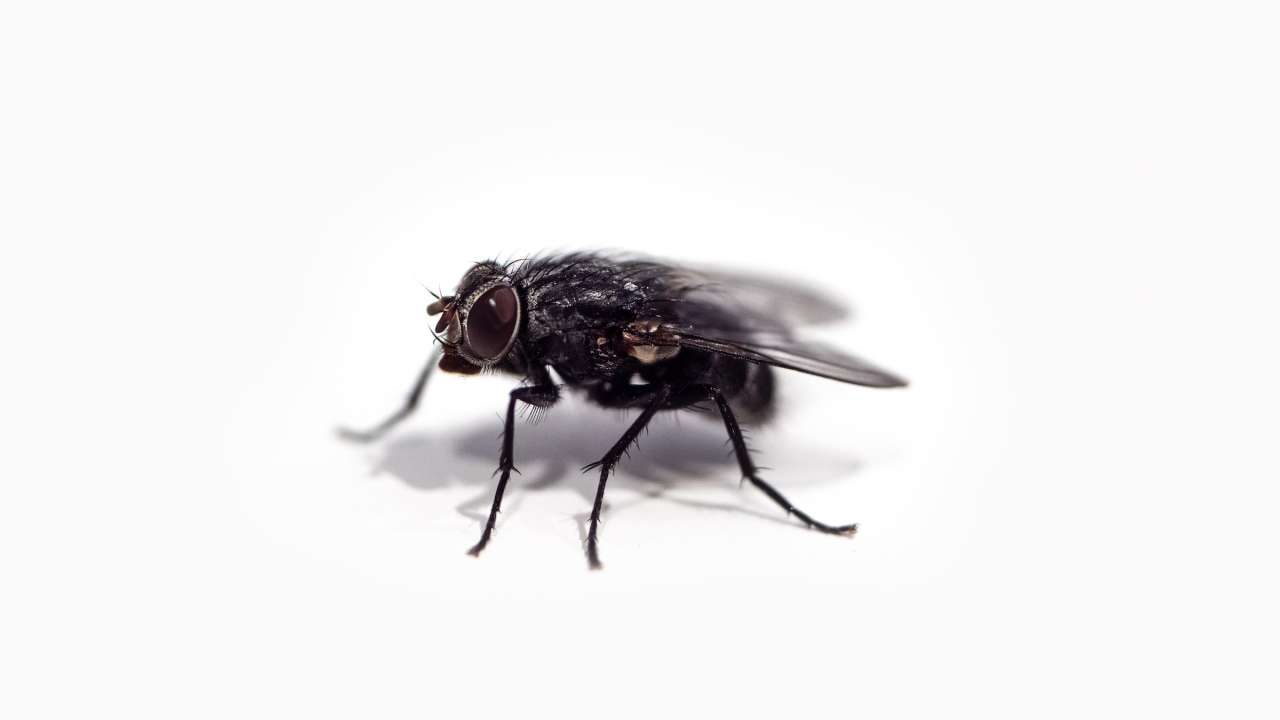Dear Doctors: In your recent column about gastritis, you didn't mention the possibility of getting H. pylori from flies. I was diagnosed with H. pylori decades ago, and soon after I saw a video in the doctor's waiting room about its connection to flies. I now go to war with any flies in the house.
Dear Reader: For those who haven't read that column, a reader diagnosed with gastritis asked for information about the condition. They also wondered how they may have acquired the infection that often causes it.
The term gastritis refers to inflammation, irritation or swelling of the mucosa in the stomach. That's the layer of specialized cells that line the stomach. The mucosa is also where glands that secrete digestive juices are located. Because the enzymes and acids involved in digestion are so corrosive, the mucosa has several defense mechanisms that protect its cells from damage. These defenses also fend off infectious agents that someone might ingest, including bacteria and viruses. If these protections become weakened, or are somehow evaded, damage to the stomach lining can occur.
H. pylori, a bacterium that is the most common cause of chronic gastritis, is able to get past the mucosa's defenses. It takes up residence beneath the mucosa, in what is known as the epithelial layer of the stomach, and causes a persistent infection. This can cause the mucosa to increase production of stomach acid and lead to the inflammation, pain and other symptoms associated with gastritis. Only a portion of H. pylori infections, about 20%, cause symptoms.
The bacteria also puts people at risk of developing an ulcer, which is an open sore in the mucosa. It is estimated that, if left untreated, up to 10% of those living with an H. pylori infection go on to develop an ulcer. There is also a link between H. pylori infection and some stomach cancers.
So how does an H. pylori infection occur? No one is really sure. The main method of transport is suspected to be through direct contact with contaminated saliva, stool or vomit. Food or water that contains the bacteria may also be a source of infection. And that's where the housefly comes in. Houseflies, which feed on feces, defecate and regurgitate when they land on something. This led researchers in Boston to ask if flies can become carriers of H. pylori and leave the bacteria behind on surfaces they touch. Experiments they conducted in the late 1990s led them to conclude that it is possible. However, a number of subsequent studies have disputed those findings.
Although the housefly as a vector of H. pylori remains a subject of debate, there is little doubt these pests can pose a threat to human health. In addition to human and animal fecal matter, houseflies feed on spoiled and rotting meat, fish, fruit and vegetables, and they seek out the pus and other discharges from open wounds. They are believed to transmit scores of diseases, including cholera, tuberculosis, typhoid fever and dysentery. Whatever the final answer regarding H. pylori proves to be, your vigilance against houseflies is making your home safer.
(Send your questions to [email protected], or write: Ask the Doctors, c/o UCLA Health Sciences Media Relations, 10960 Wilshire Blvd., Suite 1955, Los Angeles, CA, 90024. Owing to the volume of mail, personal replies cannot be provided.)





